
Niclas Poitiers
Niclas Poitiers, a German citizen, joined Bruegel as a research fellow in September 2019.
Niclas' research interests include international trade, international macroeconomics and the digital economy. He is working on topics on e-commerce in trade as well as European trade policy in global trade wars. Furthermore he is interested in topics on income inequality and welfare state policies.
He holds a Ph.D. in Economics from Universitat de Barcelona, a M.Sc. in economics from the Universität Bonn, and a B.Sc. from Universität Mannheim. During his Ph.D. he was a visiting scholar at Northwestern University.
Niclas is fluent in English, Spanish, and German.
Disclaimer of external interests
Featured work
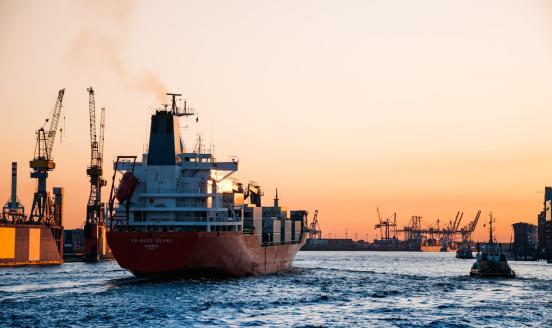
Global supply chains: lessons from a decade of disruption
This paper revisits the effects of three shocks on the functioning of global supply chains.
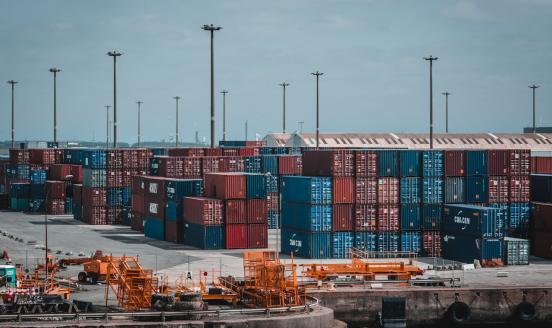
Knowledge spillovers and geopolitical challenges in global supply chains
Our main message is that policies restricting knowledge flows should be limited to narrowly defined areas of strategic importance.
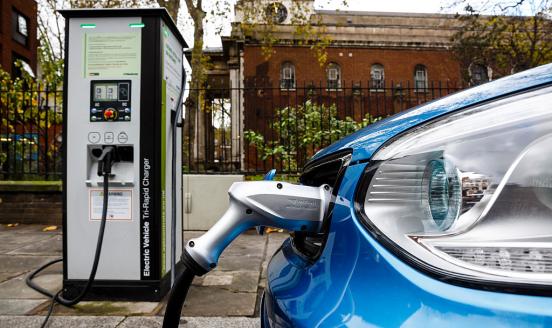
Making industrial policy work: a case study on the European Battery Alliance Academy
Efforts to address skilled-labour shortages in the battery sector can provide lessons to other areas of EU industrial policy.
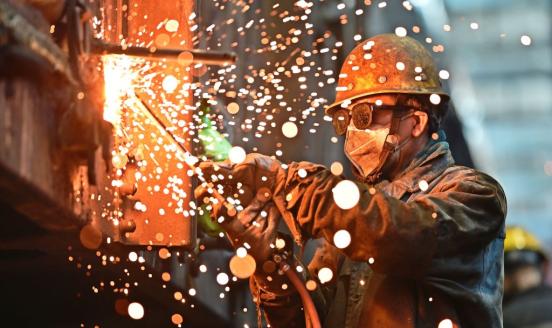
The manufacturing jobs boom that isn’t
The US Inflation Reduction Act shows that massive subsidies are not leading to massive manufacturing job creation.
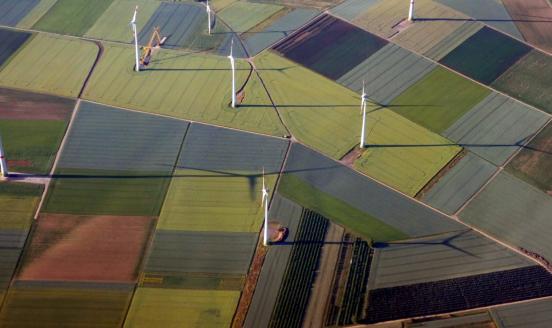
Green tech race? The US Inflation Reduction Act and the EU Net Zero Industry Act in The World Economy

EU trade and investment following Russia's illegal invasion of Ukraine
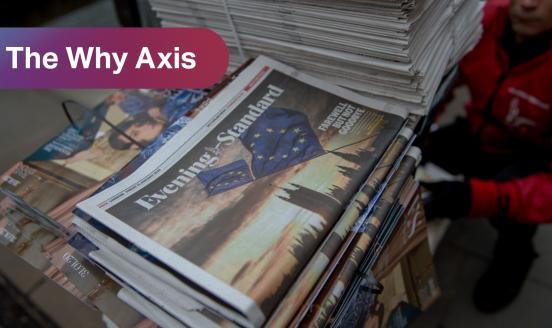
Why is the G7 expected to issue a joint statement condemning 'economic coercion'?
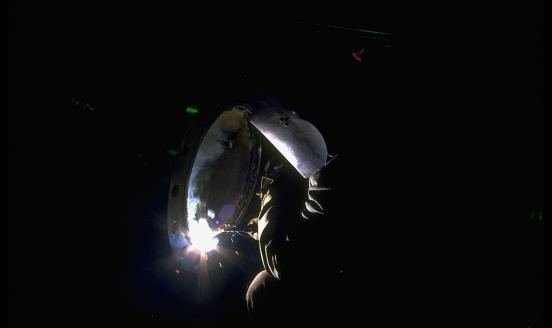
Why Europe’s critical raw materials strategy has to be international
In ensuring supplies of critical raw materials, the European Union cannot rely on domestic measures alone.
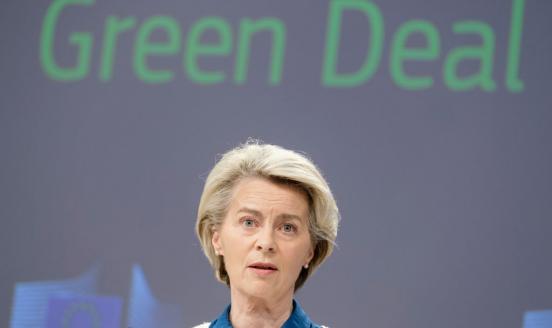
The EU Net Zero Industry Act and the risk of reviving past failures
How the EU might respond to clean tech subsidies, in the form of a leaked draft law entitled the Net Zero Industry Act (NZIA), is deeply worrisome.
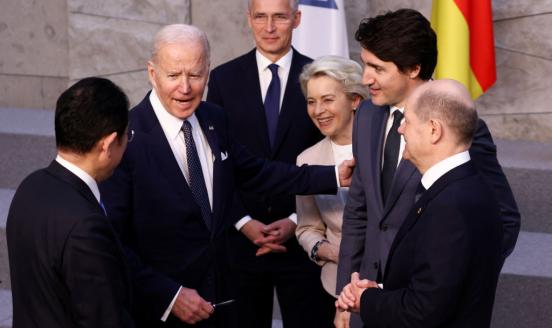
How Europe should answer the US Inflation Reduction Act
This policy brief explains what is in the IRA, the impact on the EU and other economies, and how the EU should react.
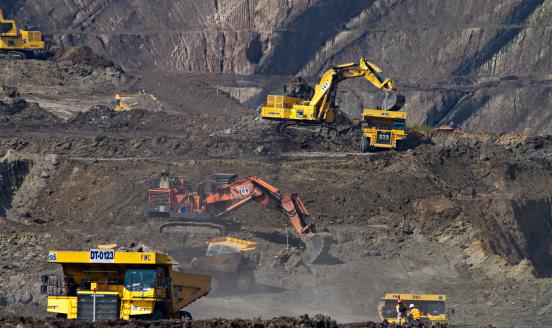
Strengthening the security of supply of products containing Critical Raw Materials
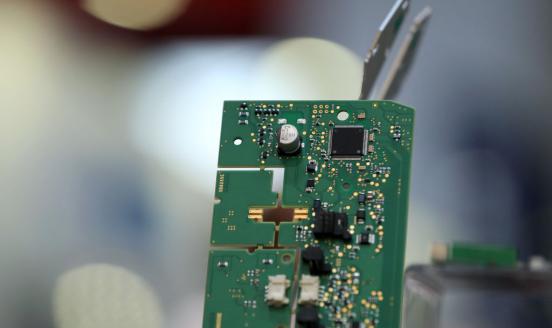
Europe’s promised semiconductor subsidies need to be better targeted
The proposed European Chips Act over-emphasises semiconductor production subsidies, focusing too little on increasing value-added in research.
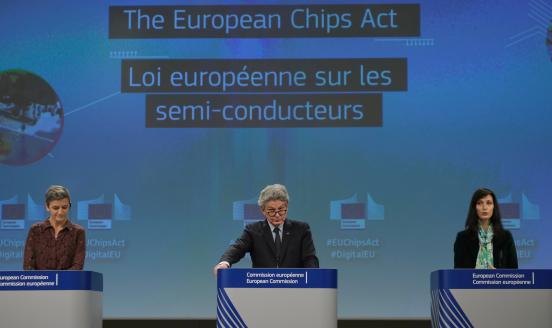
Fishing for Chips: Assessing the EU Chips Act
The EU Chips Act, announced in February 2022, represents a real break in Europe's industrial policy.
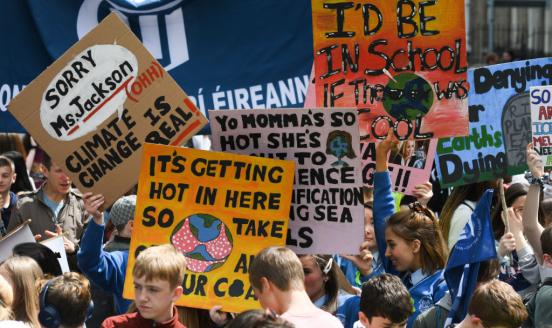
Shifting taxes in order to achieve green goals
How could shifting the tax burden from labour to pollution and resources help the EU reach its climate goals?

Is the EU Chips Act the right approach?
Measures to safeguard semiconductor supplies proposed in the Chips Act could prove to be wrongly focused, could tip over into harmful protectionism.

Three data realms: Managing the divergence between the EU, the US and China in the digital sphere
How do major economies differ in their regulation of digital trade, and how can we best deal with the risks posed by diverging regulatory regimes?
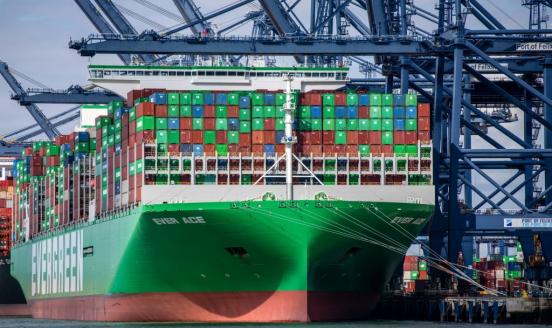
Knowledge flows and global value chains
We explore the implications of a range of novel approaches to GVCs for our understanding of how they affect knowledge flow and innovation.
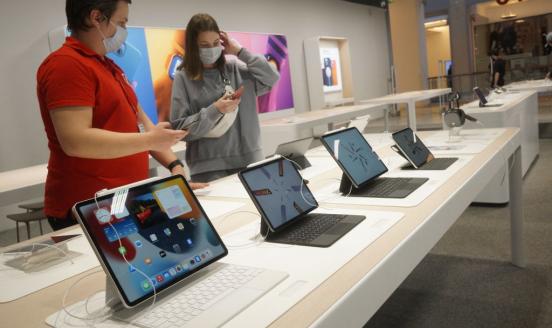
The decoupling of Russia: European vulnerabilities in the high-tech sector
The EU will face challenges in sectors where it relies on Russian and Ukrainian commodities and technologies.

The decoupling of Russia: high-tech goods and components
Sanctions on high-tech goods supplies, combined with financial sanctions and other restrictions, will deprive Russia of a future as a modern economy.
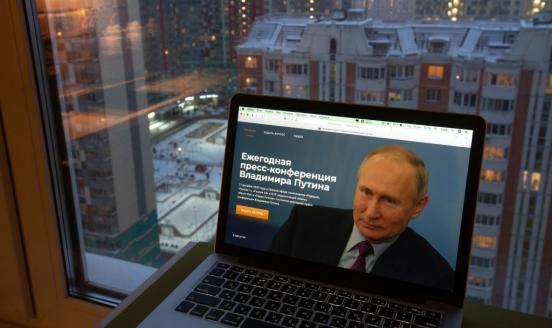
The decoupling of Russia: software, media and online services
Restrictions so far on software, media and online services in Russia have been imposed either voluntarily by firms, or else by Russia itself in order
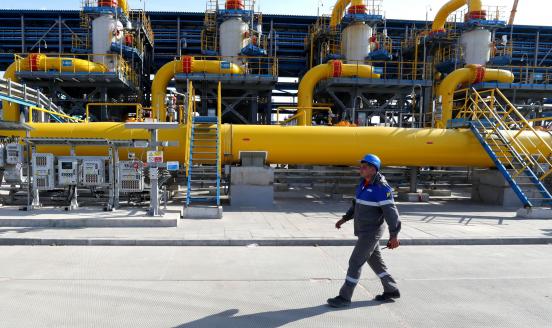
The Kremlin’s gas wars
How Europe can protect itself from Russian blackmail.

Productivity in transformative times
This Microprod policy conference discussed how productivity is affected by globalisation and digitisation.
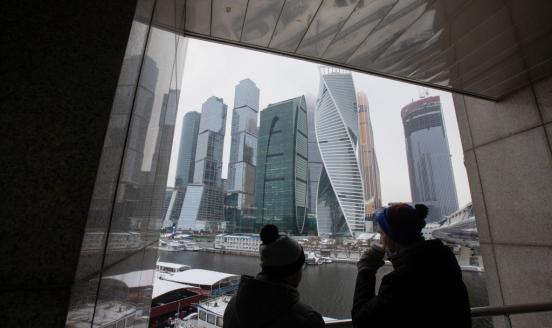
The risks for Russia and Europe: how new sanctions could hit economic ties
To play a deterrent role against Russian military action, sanctions would have to be very broad, have a rapid effect and be as coordinated as possible
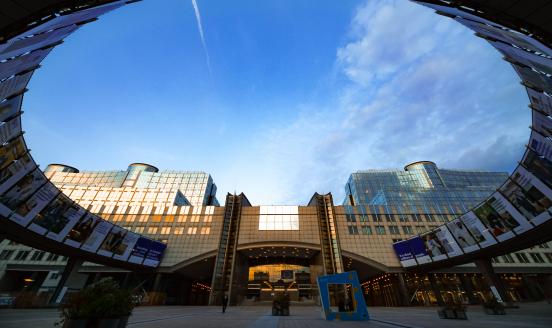
Opaque and ill-defined: the problems with Europe’s IPCEI subsidy framework
Lack of strict governance and transparency creates serious risk that fair competition within the single market will be undermined.

Instruments of a strategic foreign economic policy
Study for the German Federal Foreign Office produced by Bruegel, the Kiel Institute for the World Economy and DIW Berlin.

Microchips and Europe's strategic autonomy
Per microchips ad strategic autonomy.
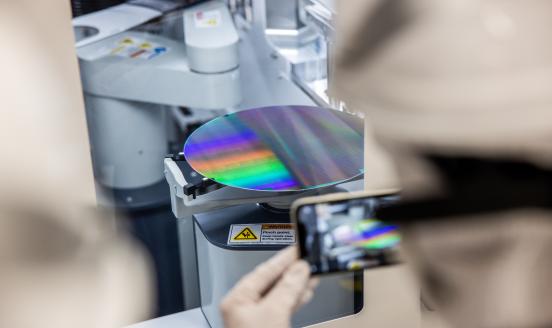
Europe doesn’t need a ‘Mega-Fab’
Europe should defend its existing dominance in equipment manufacturing for semiconductors and invest in chip design instead of luring high-end fabrica
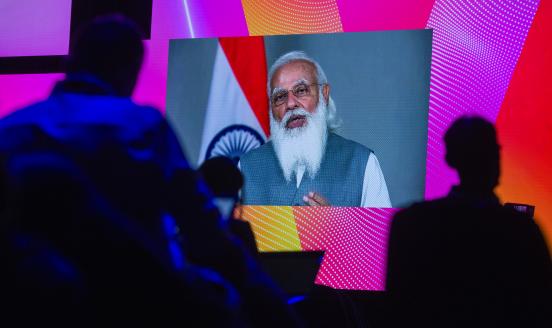
EU-India trade relations: assessment and perspectives
In-depth analysis prepared for the European Parliament's Committee on International Trade (INTA).
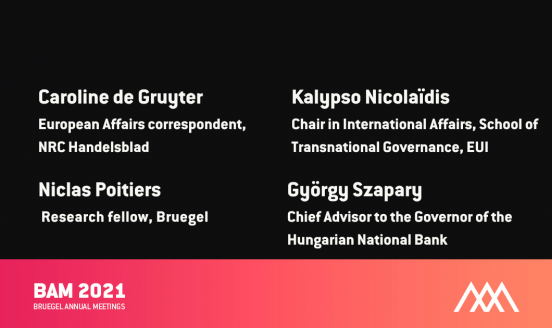
Conference on the Future of Europe: envisioning EU citizens engagement
Bruegel Annual Meetings, Day 3 - Panellists will discuss different options and what they may entail while revisiting the debates on the future of Euro
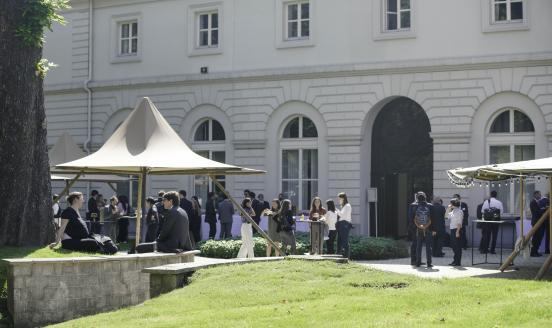
Bruegel Annual Meetings, 1-3 September 2021
The 2021 Annual Meetings gathered high-level speakers and participants to discuss how to recover from the crises brought on by the Covid pandemic
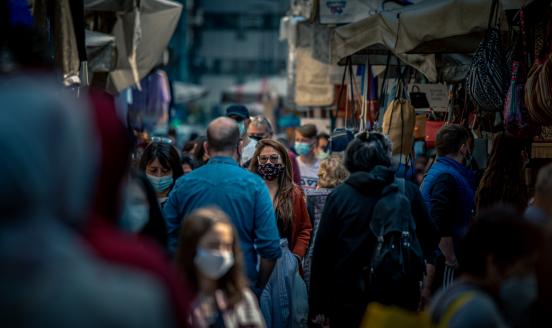
A world divided: global vaccine trade and production
COVID-19 has reinforced traditional vaccine production patterns, but the global vaccine trade has changed considerably.
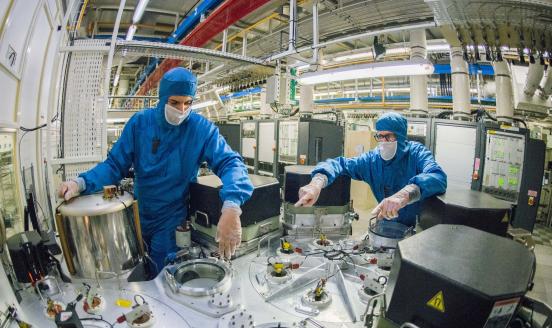
A new direction for the European Union’s half-hearted semiconductor strategy
The EU needs a more targeted strategy to increase its presence in this strategic and thriving sector, building on its existing strengths, while accomm

Building the Road to Greener Pastures
How the G20 can support the recovery with sustainable local infrastructure investment.
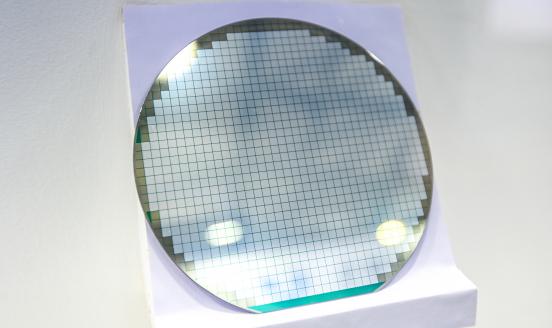
Digital European Economic Sovereignty? The Case of Semiconductors
Study prepared for the European Parliament's Committee on Foreign Affairs (AFET).
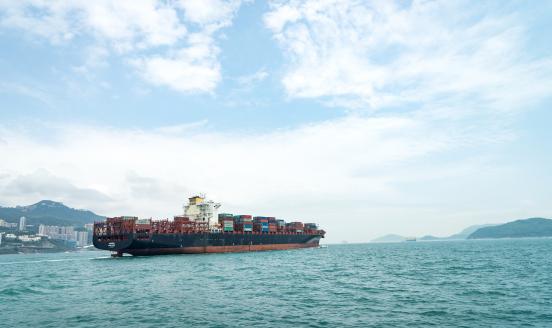
Global value chain reshuffling: From tight coupling to loose coupling?
As the focus shifts from efficiency to resilience in global supply chains, what does this mean for China?
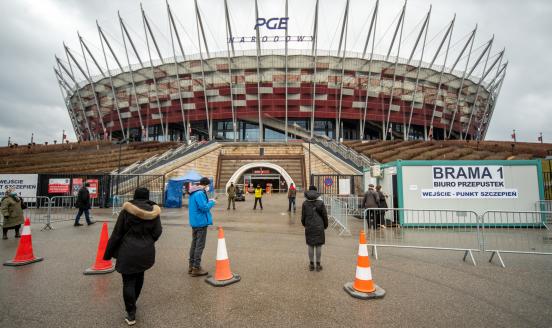
An update: Vaccination in the EU
Progress has been made, but more progress is needed.

Think green act local: the role of the G20 in sustainable infrastructure
In this workshop, invited guests will discuss priorities and proposals for the Italian G20 Presidency for a green local infrastructure agenda.
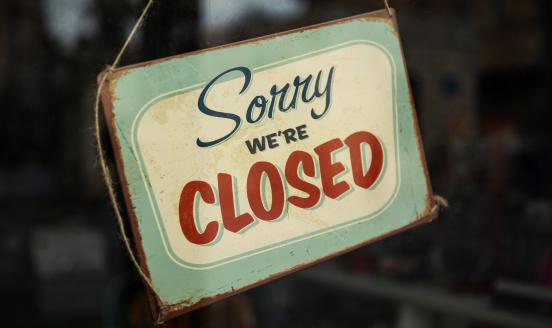
The impact of COVID-19 on the Internal Market
Study assessing the impact of the COVID-19 crisis on the European Union's Internal Market and consumer protection prepared for the European Parliament

Data flows, artificial intelligence and international trade: impacts and prospects for the value chains of the future
In-depth briefing and analysis on the issues of digital trade and the geopolitics of trade provided to the European Parliament.

Political assessment of possible future positive (cooperation) or negative (restrictive) attitudes of main trade partners of the EU
Testimony to the European Parliament on the geopolitical aspects of trade.

Disrupted medical supply chains: symptoms, side-effects, and treatment?
How can the EU increase the resilience of value chains in the health industry?
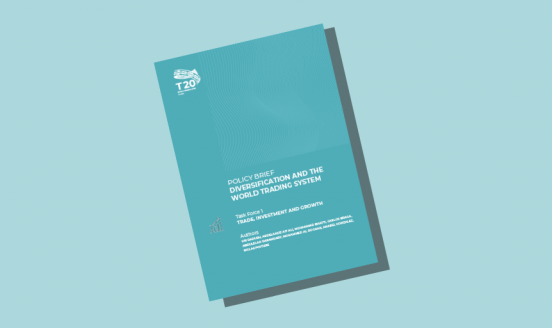
Diversification and the world trading system
Diversification is important because it is associated with economic growth and reduced volatility.
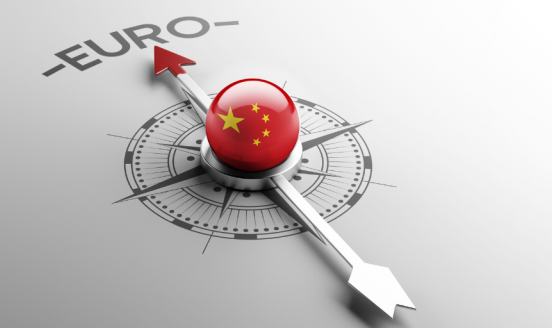
Europe’s China problem: investment screening and state aid
China’s state capitalist economy poses a challenge to EU openness to foreign investment. In response, the European Commission 17 June published a Whit
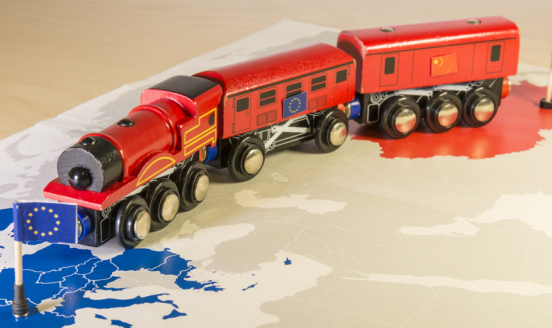
EU-China trade and investment relations in challenging times
In this report, we have focused on trade and investment relations and have not attempted to define the many other policy instruments that the EU can a

EU trade in medical goods: why self-sufficiency is the wrong approach
As countries are struggling with the COVID-19 pandemic, shortages in medical equipment led to EU export controls and war-time like procurement of resp
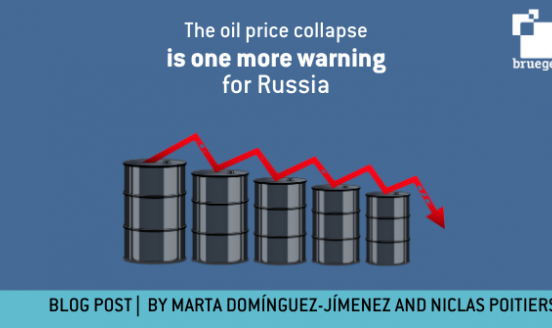
COVID-19 and broken Collusion: the oil price collapse is one more warning for Russia
In the midst of the COVID-19 epidemic, the sharp collapse in the oil price has received little attention. Brent fell by 30% on 9 March, the largest fa
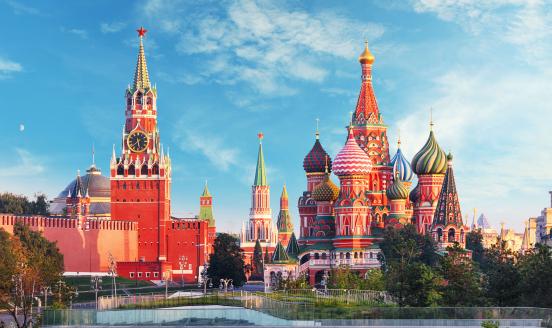
FDI another day: Russian reliance on European investment
Most foreign direct investment into Russia originates in the European Union: European investors own between 55 percent and 75 percent of Russian FDI s
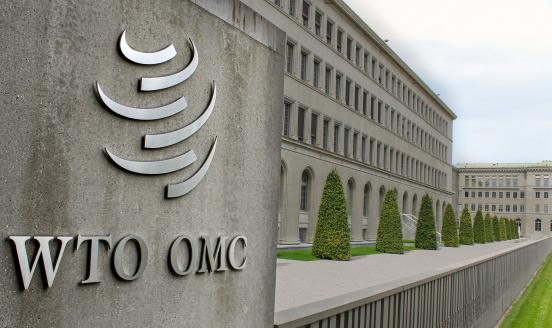
High noon at the Appellate Body
This blog post explains the working method of the dispute settlement body, and then discusses the objections the US has raised against the Appellate B
Russian economy at the crossroads: how to boost long-term growth?
Russia’s convergence to advanced economy income levels has stalled. Long-term growth prospects are still obstructed by sluggish productivity growth, l